Course Objectives
By the end of the course you should be able to do the following in R:
- Read, manipulate, query, and write vector (point, line, polygon) data
- Read, manipulate, query, and write raster data
- Combine several data layers and data types to conduct spatial analyses, including joins, clips, and summaries
- Map and visualize spatial data as static or interactive features
Schedule - May 20, 2018
Instructors & Assistants
- Marcus Beck (marcusb@sccwrp.org) - Marcus is a scientist with the Southern California Coastal Water Research Project. His interests include time series analysis of water quality data, lake bioassessment, and data visualization.
- Ryan Hill (ryan.ecol@gmail.com) - Ryan is an ORISE postdoc with the US EPA’s Western Ecology Division. His interests are in large-scale freshwater ecology, modeling, and prediction.
- Amalia Handler - Amalia is a PhD candidate in the Environmental Life Sciences Program at Arizona State University. Her dissertation research explores nitrogen processes in dryland streams and wetlands.
- Robert Francis - Robert is a PhD student in Ecology, Evolution, and Environmental Biology at Miami University. His dissertation research investigates habitat factors that structure communities of freshwater mussels.
Credits
This course is based on the Jekyll theme course-in-a-box developed by Peer to Peer University and is available here.
Content borrowed and modified from Marc Weber with permission. Additional material borrowed from https://nceas.github.io/oss-2017/lessons.html.

